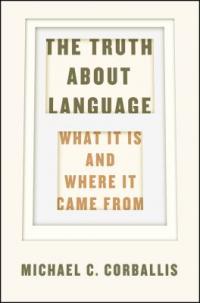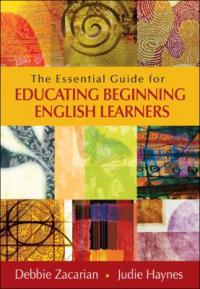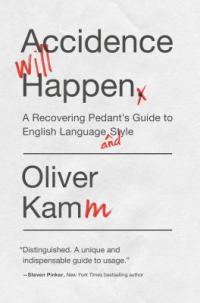by Kal
What is it and why is it here?
Linguistic insecurity is described as a feeling of inadequacy when it comes to performing language in written or spoken form. It’s a feeling of anxiety brought on by a fear of not performing adequately or to a level that is considered ‘standard’. Historically language performance, particularly speech, was tied to socioeconomic status. To speak well was to mimic and sound like the formally educated or the wealthy. In American English: Dialects and Variation, Wolfram and Schilling imply that linguistic insecurity comes from the belief that “[t]he language of a socially subordinate group is linguistically deficient [.]”
How do Plaza customers express linguistic insecurity?
In general, linguistic insecurity can be detected by a customer’s general anxiety around English. Customers who hesitate to speak, come in just to observe, or answer in a binary ‘yes’/’no’ way are likely experiencing a degree of linguistic insecurity. There are instances where customers, with plenty of English proficiency, insulate themselves to the beginner group or hyperfixate on perfecting their grammar because they don’t feel adequate enough to speak English freely. For instance, we have a customer who has coworkers who ‘correct’ his English and shame him when he speaks his native language with peers. I can’t recall his exact words. It was something like “I can’t speak without feeling like I am being tested or watched”. Which gets to the core of how language insecurity precipitates. Whether people are aware of it or not, when you play the role of ‘grammar stickler’ or provide unsolicited advice to someone’s way of speaking or writing, you may unintentionally make them feel insecure about their language usage. If someone wants to develop their language skills, it must be in a consensual learning context.
How does Plaza address linguistic insecurity?
We create a consensual learning context that is different from a formal classroom and different from hanging out with a proficient speaker. Plaza has wedged itself between the formal/informal learning space by having a curated conversation group with other language learners. Our goal is to stimulate self-expression, that is to let customers share things about themselves using English. Customers are encouraged to help guide the conversation, giving them control over what we discuss and to what depth. Moreover, we don’t overcorrect nor single people out. Instead, we disperse help by demonstrating pronunciations to all and virtually we provide dispersed assistance in chat so no one feels singled out.
Final thoughts
It’s a good sign when we’ve created a space where customers feel comfortable enough to ask us for correct pronunciation or word meaning in front of others. This takes courage and as language facilitators it’s our job to help cultivate this courage to speak by cultivating language security. Personally, the best way to do this is to avoid taking a ‘fix it’ mentality when it comes to working with language learners, but rather take an interest in the other person. Tease out ways to get them to talk about their experiences, thoughts, and interests and share yours as well. This gives customers a chance to observe how you would answer the questions and adapt it for themselves. Most importantly, it lets them feel seen and heard. This can be incredibly encouraging and motivating. To be able to express yourself in a language that’s not so familiar is a good place to start dismantling language insecurity.
Recommendations:
Catalog:
The Essential Guide for Educating Beginning English Learners
Accidence Will Happen: A Recovering Pedant’s Guide to English Language and Style
The Truth About Language: What It Is and Where It Came From
Videos:
YouTube: Stephen Fry on Language
Kanopy: How the Brain Comprehends Language
TedX: No Such Thing as Correct English
The Denver Public Library's Cultural Inclusivity department collaborates with Denver's multicultural community to create equitable opportunities for learning, discovery, and connection.
We offer Plazas, an open community space where people from all over the world connect with information and resources, building Denver’s global community. Come to practice a language, prepare for citizenship, pursue your goals, and create your future. Whatever you’re doing, we can help!
Please see our web page for more information.


